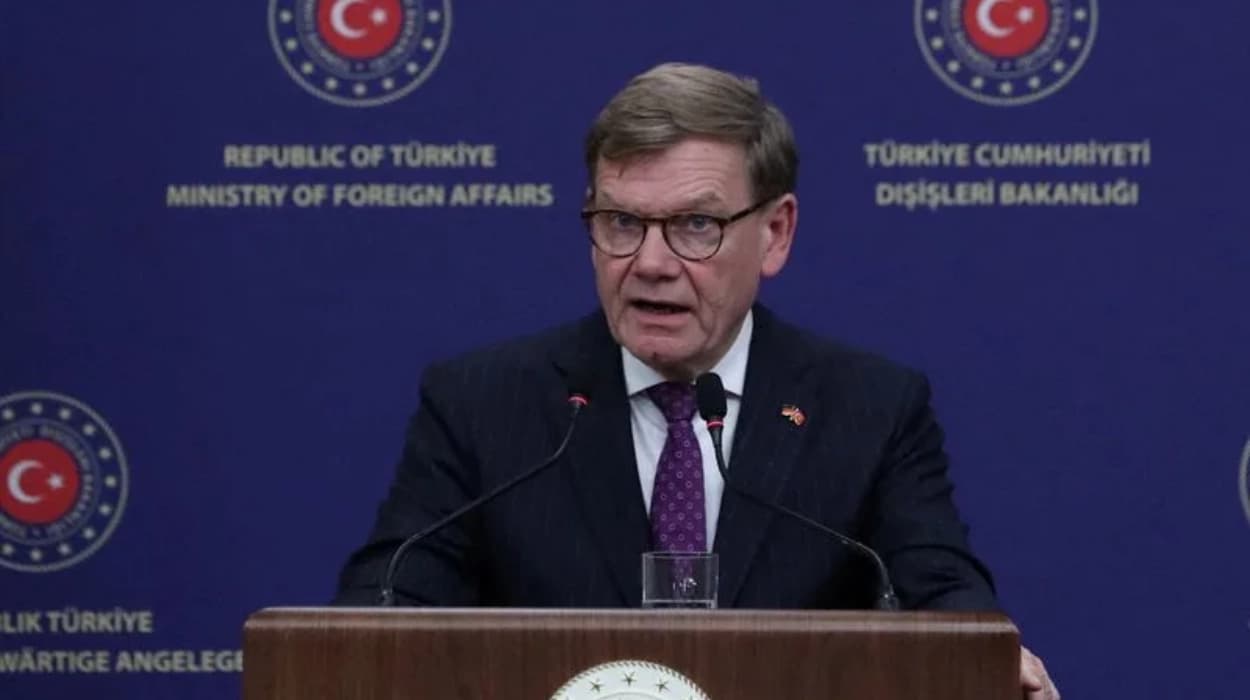German Foreign Minister Johann Wadephul held talks with China’s Wang Yi on security, economic policy, and key bilateral issues, Berlin confirmed Monday.
According to the spokeswoman, the ministers decided over the phone that Wadephul's preliminarily canceled trip to China should be stopped shortly.
China also reaffirmed its assignment for German Chancellor Friedrich Merz to visit.
Though both import-acquainted husbandry have endured profitable insecurity as a result of U.S. President Donald Trump's expansive use of tariffs to reset global trade, ties between China and Germany have been strained by motifs like rare worlds and chips.
A readout of the call from the Chinese foreign ministry claims that Wang informed Wadephul that while it was delicate to avoid dissensions, both parties should ameliorate their collective trust, communication, and understanding.
Also, he dubbed Beijing's" One China" principle the claim that Taiwan is an inalienable part of China's home" the most important political foundation for China-Germany relations" and encouraged Berlin to reject what he called "Taiwan independence."
Wang noted that in order to maintain positive bilateral relations, China and Germany must produce a solid and long- continuing policy frame.
Which economic policy measures were discussed next?
The goal of promoting multilateralism and free trade, with a clear opposition to protectionist and unilateral fissures that disrupt global commercial cooperation. The goal of promoting bilateral trade and investment ties with an appreciation of the need to diversify supply chains to reduce risks.
The goal of enhancing the goals of economic stability and growth cooperatively, in new and digital economies, in technological innovation, and in sustainable environmental practices. This involved recognizing the importance of China- Germany economic relations in this global development and strategic stability agenda.
Collective respect for each other's core interests and policies, to maintain a fair and balanced commercial relationship. These initiatives emphasize the shared economic interests of sustaining stable, open and flexible economic relations under any difficult global or domestic challenges.
